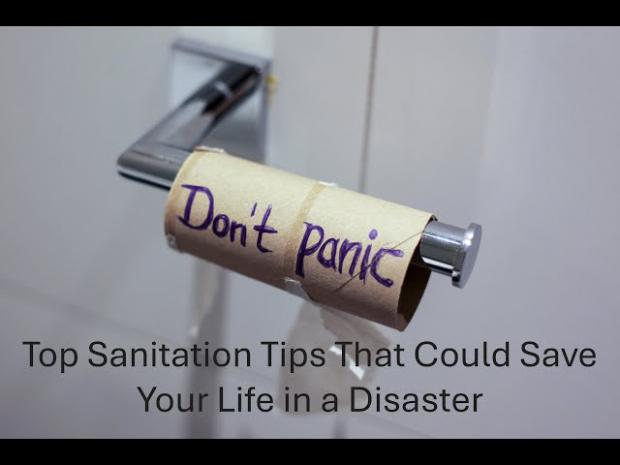
Breaking News
 Iran (So Far Away) - Official Music Video
Iran (So Far Away) - Official Music Video
 COMEX Silver: 21 Days Until 429 Million Ounces of Demand Meets 103 Million Supply. (March Crisis)
COMEX Silver: 21 Days Until 429 Million Ounces of Demand Meets 103 Million Supply. (March Crisis)
 Marjorie Taylor Greene: MAGA Was "All a Lie," "Isn't Really About America or the
Marjorie Taylor Greene: MAGA Was "All a Lie," "Isn't Really About America or the
 Why America's Two-Party System Will Never Threaten the True Political Elites
Why America's Two-Party System Will Never Threaten the True Political Elites
Top Tech News
 How underwater 3D printing could soon transform maritime construction
How underwater 3D printing could soon transform maritime construction
 Smart soldering iron packs a camera to show you what you're doing
Smart soldering iron packs a camera to show you what you're doing
 Look, no hands: Flying umbrella follows user through the rain
Look, no hands: Flying umbrella follows user through the rain
 Critical Linux Warning: 800,000 Devices Are EXPOSED
Critical Linux Warning: 800,000 Devices Are EXPOSED
 'Brave New World': IVF Company's Eugenics Tool Lets Couples Pick 'Best' Baby, Di
'Brave New World': IVF Company's Eugenics Tool Lets Couples Pick 'Best' Baby, Di
 The smartphone just fired a warning shot at the camera industry.
The smartphone just fired a warning shot at the camera industry.
 A revolutionary breakthrough in dental science is changing how we fight tooth decay
A revolutionary breakthrough in dental science is changing how we fight tooth decay
 Docan Energy "Panda": 32kWh for $2,530!
Docan Energy "Panda": 32kWh for $2,530!
 Rugged phone with multi-day battery life doubles as a 1080p projector
Rugged phone with multi-day battery life doubles as a 1080p projector
 4 Sisters Invent Electric Tractor with Mom and Dad and it's Selling in 5 Countries
4 Sisters Invent Electric Tractor with Mom and Dad and it's Selling in 5 Countries
Disaster Survival Hygiene: What to Do When the Water Stops

This video: By Lona Miller, Sandy City Community 4 Leader- What happens when the water stops flowing and the toilets won't flush? In a disaster, maintaining proper sanitation is crucial to preventing disease and keeping your environment safe. Preparing ahead of time can make all the difference—know how to set up an emergency toilet, seal drain plugs to prevent sewage backup, and safely bury waste if necessary. Without proper planning, unsanitary conditions can spread illness quickly, turning a crisis into a catastrophe. Are you ready to keep your home clean and your family healthy when disaster strikes? Why it matters: Poor sanitation during disasters can lead to disease outbreaks. Emergency toilet setup: Plan for a backup toilet, such as a bucket with a seat and biodegradable bags. Drain plug protection: Seal drains to prevent sewage backup from contaminated water systems. Waste disposal: To bury human waste, dig a hole at least 2.5 feet deep x 2.5 feet deep, layer the waste with mulch and dirt for decomposition. Health impact: Proper sanitation reduces the risk of infections and disease and keeps your family safe in a crisis.



